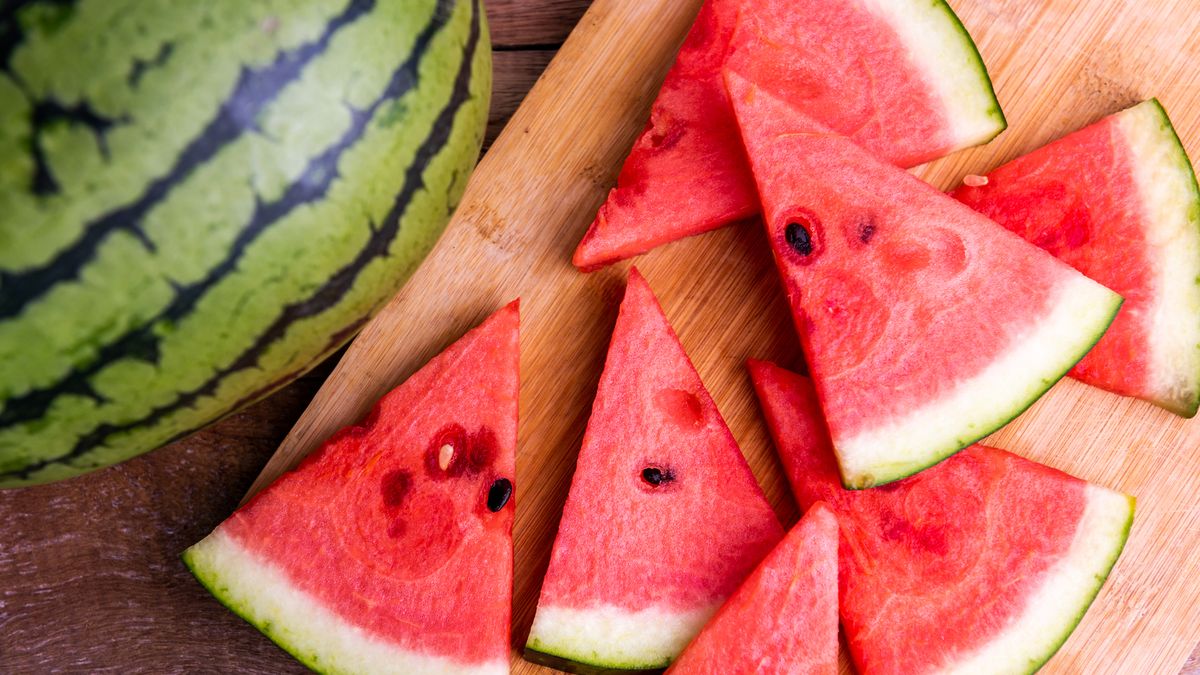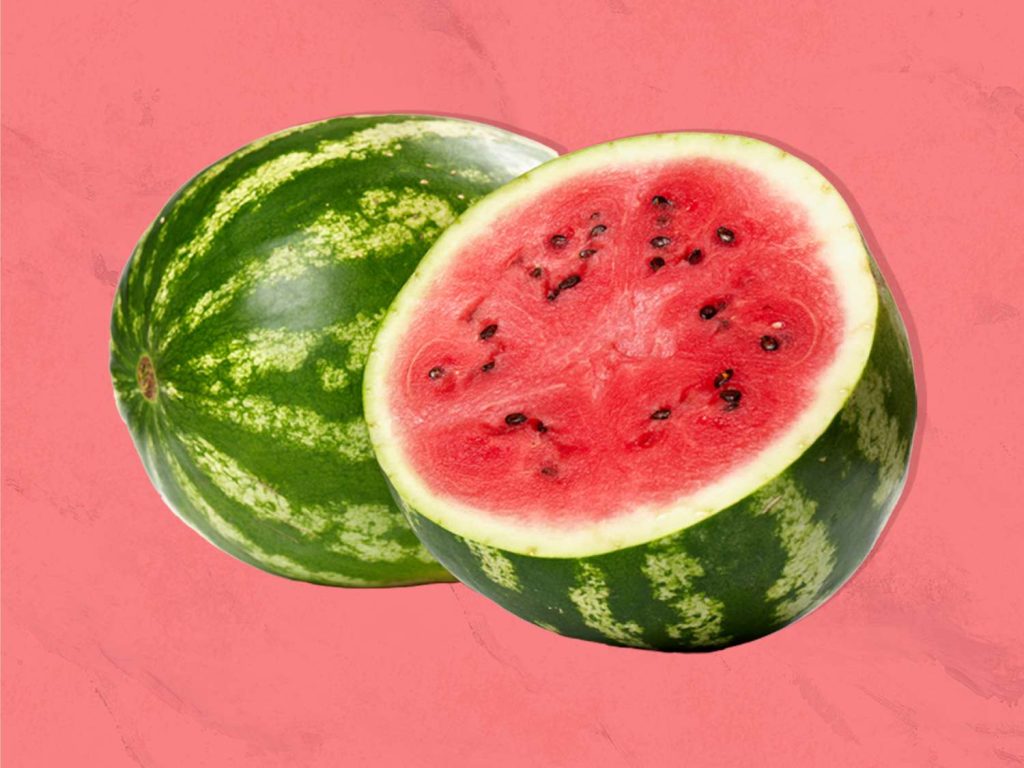Watermelon (Citrullus lanatus) is believed to have originated in Africa, where wild varieties still grow today. These early watermelons were quite different from the sweet, juicy fruits we know today. They were smaller, had a more bitter taste, and contained many seeds. The knowledge of these early varieties laid the foundation for selective breeding practices that would eventually lead to the development of modern watermelons.
The Science of Watermelon Genetics

Genetic Diversity
One of the key aspects of watermelon genetics is its genetic diversity. Through natural selection and human intervention, watermelon has evolved into numerous varieties, each with distinct traits. Genetic studies have revealed that the modern watermelon contains a wealth of genetic information, which breeders can harness to develop new varieties with desirable characteristics, such as improved sweetness, color, and disease resistance.
Breeding Techniques
Traditional breeding methods involved selecting parent plants with favorable traits and cross-pollinating them to produce offspring with those traits. This process relies heavily on the knowledge of plant genetics, as breeders must understand how traits are inherited. With the advent of modern techniques such as marker-assisted selection and genetic modification, breeders can now pinpoint specific genes associated with desired traits, making the breeding process more efficient and targeted.
Seedless Watermelons
One of the most significant changes in watermelon genetics has been the development of seedless varieties. These hybrids are typically produced by crossing diploid (two sets of chromosomes) and tetraploid (four sets of chromosomes) plants. The resulting triploid (three sets of chromosomes) plants are sterile, which means they produce little to no seeds. This innovation caters to consumer preferences for convenience and ease of eating, demonstrating how knowledge of genetics can reshape agricultural products.
The Impact of Breeding on Watermelon Characteristics
Flavor and Sweetness
Breeding has significantly enhanced the flavor profile of watermelons. Through selective breeding, growers have been able to increase sugar content and improve the overall taste. The knowledge of how sugar accumulation occurs in fruit development has allowed breeders to focus on specific traits that enhance sweetness, resulting in the delicious varieties we enjoy today.
Color and Appearance
The visual appeal of watermelon has also been a focus of breeding efforts. Breeders have developed varieties with vibrant red, pink, and even yellow flesh, catering to consumer preferences and market trends. Understanding the genetic basis for color pigmentation has enabled breeders to create aesthetically pleasing watermelons that stand out in the marketplace.
Disease Resistance
As watermelons are susceptible to various diseases, breeding for resistance has become a priority. The knowledge of watermelon genetics allows breeders to identify resistant traits and incorporate them into new varieties. This not only helps ensure crop yields but also reduces the need for chemical treatments, promoting sustainable agriculture.
Conclusion: The Future of Watermelon Genetics
The evolution of watermelon genetics is a testament to the power of breeding and the application of scientific knowledge in agriculture. As we continue to learn more about the genetic makeup of this beloved fruit, we can expect further innovations that enhance its flavor, appearance, and resilience.
The future of watermelon breeding will likely involve advanced genetic techniques, such as CRISPR and other genome-editing technologies, which hold the promise of creating even more desirable varieties. By harnessing the knowledge gained from past breeding efforts and modern scientific advancements, we can look forward to a new era of watermelons that not only meet consumer demands but also contribute to sustainable agricultural practices.
As we enjoy our slices of watermelon on hot summer days, it’s essential to appreciate the intricate genetics and the dedicated work of breeders that have transformed this fruit into the sweet, refreshing treat it is today.
Read also about Papaya to explore its digestive health benefits, rich vitamin content, and delicious versatility in tropical dishes and smoothies.


